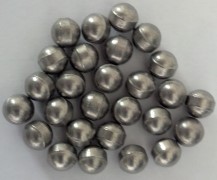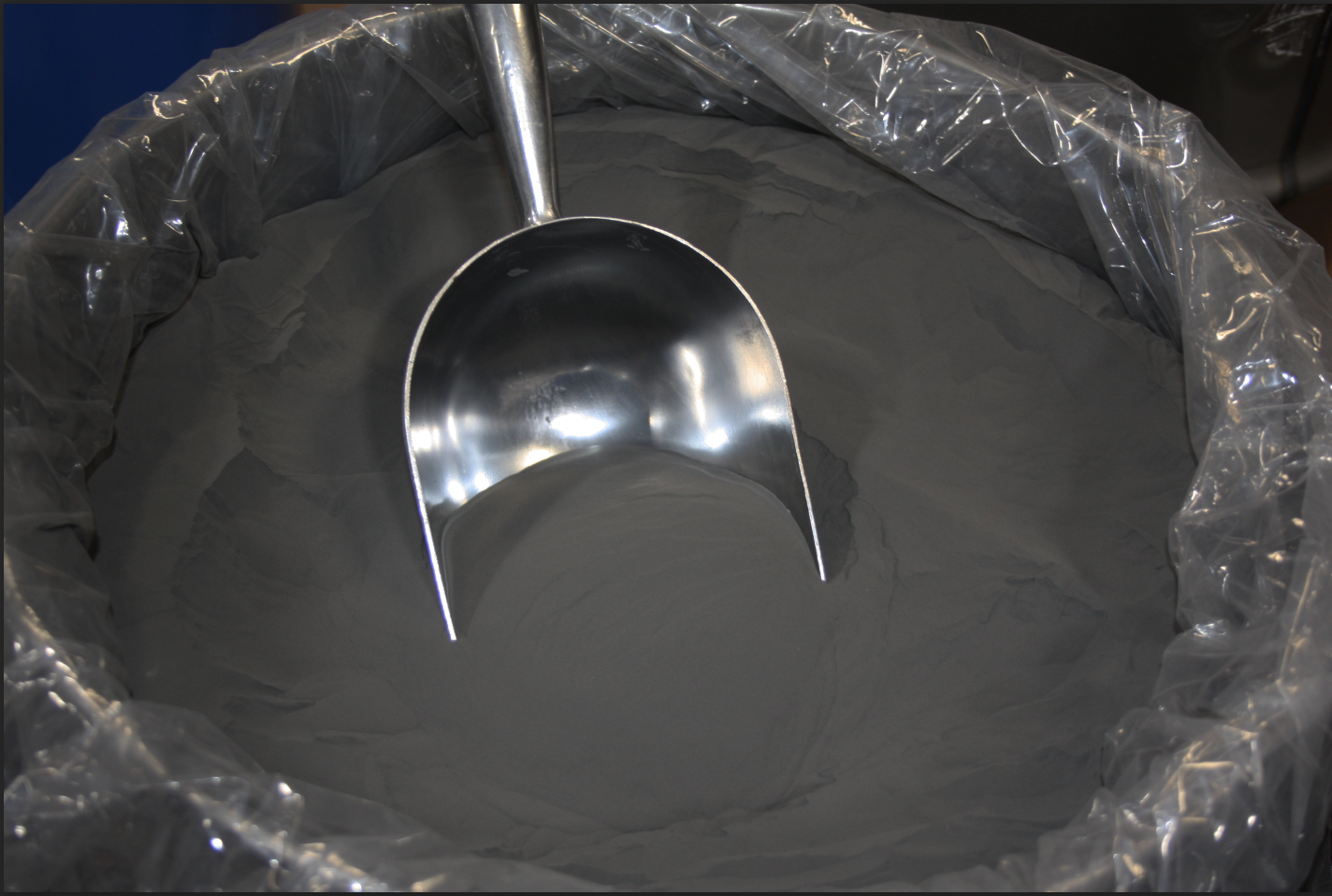Tungsten |
What Makes Tungsten Spheres the Perfect Blend of Strength and Beauty?
There are different types of metals available on the market. Some are used for manufacturing, while others are used for research and development. Each metal is known for its unique properties and is thus used in different ways. But many of us are still unaware of metals that are widely used by industries for unique reasons and also have high…
Tungsten |
A Comprehensive Guide to Finding the Right Tungsten Supplier
Tungsten is a valuable and rare metal that has many special properties that make it a popular material for use in many different industries. Those with a high interest in cryptocurrency have also started searching for these heavy cubes. Tungsten cubes are not just heavy and popular but also have a unique manufacturing process. Buying them from a professional supplier…

